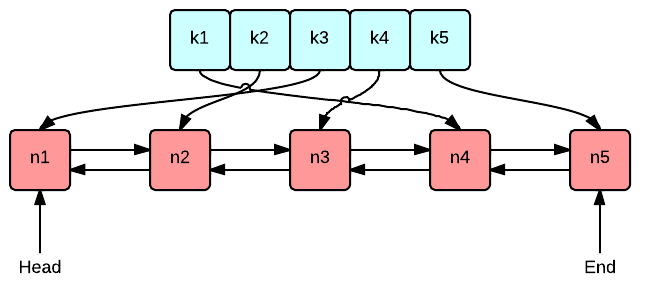Quicksort Array in Java
Quicksort is a divide and conquer algorithm. It first divides a large list into two smaller sub-lists and then recursively sort the two sub-lists. If we want to sort an array without any extra space, quicksort is a good option. On average, time complexity is O(n log(n)). The basic step of sorting an array are … Read more
